What Is The Clearest Lens Filter ?
The clearest lens filter is typically a clear or UV filter. These filters are designed to be transparent and do not introduce any additional color or distortion to the image. They primarily serve as a protective layer for the lens, shielding it from dust, scratches, and other potential damage. UV filters also help reduce the effects of ultraviolet light, which can cause haze and affect image quality, particularly in outdoor photography. However, it is worth noting that using a lens filter can slightly reduce the overall image sharpness and introduce the possibility of lens flare or reflections in certain lighting conditions.
1、 Optical clarity and transparency of lens filters
The clearest lens filter in terms of optical clarity and transparency is the clear glass filter. This filter is designed to have minimal impact on the image quality, allowing for maximum light transmission and minimal distortion. Clear glass filters are made from high-quality optical glass that is carefully crafted to ensure excellent clarity and transparency.
One of the key factors that contribute to the clarity of a lens filter is the quality of the glass used. High-quality optical glass is manufactured with precision and undergoes rigorous testing to ensure that it meets the highest standards of clarity and transparency. This type of glass is free from impurities and imperfections that can degrade image quality.
In recent years, advancements in lens filter technology have led to the development of filters with even greater clarity and transparency. For example, some manufacturers have introduced filters with multi-coatings that further reduce reflections and improve light transmission. These coatings help to minimize flare and ghosting, resulting in sharper and more vibrant images.
It is important to note that while clear glass filters offer excellent optical clarity, they do not provide any additional effects or enhancements to the image. They are primarily used for protection purposes, safeguarding the front element of the lens from scratches, dust, and moisture.
In conclusion, the clear glass filter is widely regarded as the clearest lens filter in terms of optical clarity and transparency. Its high-quality glass construction and minimal impact on image quality make it an ideal choice for photographers and videographers seeking maximum clarity in their images.
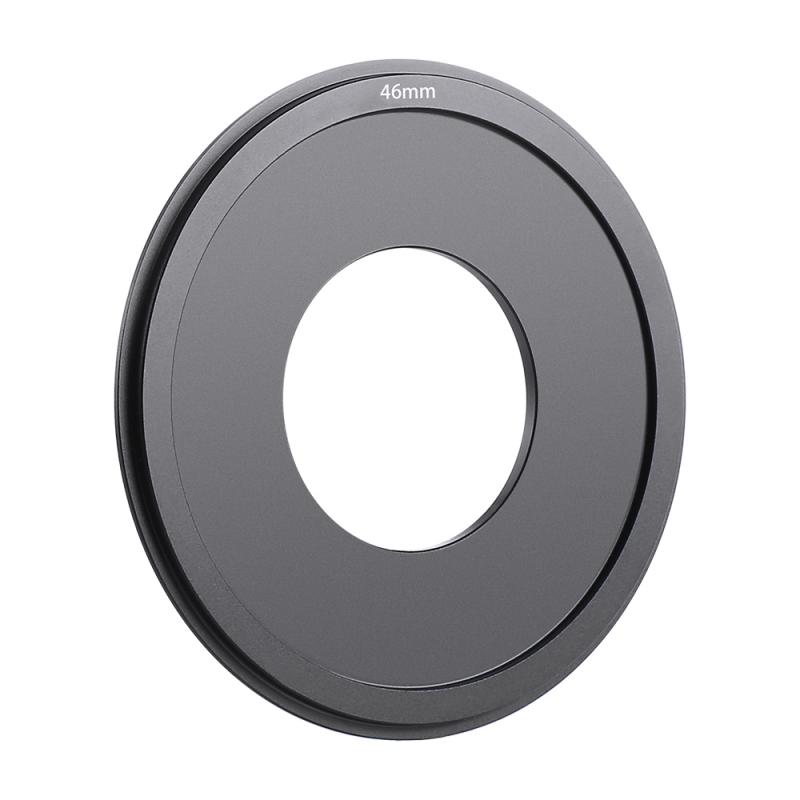
2、 Anti-reflective coatings for enhanced clarity in lens filters
The clearest lens filter with anti-reflective coatings is typically the one that offers enhanced clarity and minimizes unwanted reflections. Anti-reflective coatings are designed to reduce glare and improve light transmission, resulting in sharper and more vibrant images. These coatings work by reducing the amount of light that is reflected off the surface of the lens filter, allowing more light to pass through and reach the camera sensor.
The latest advancements in anti-reflective coatings have focused on improving the durability and effectiveness of the coatings. Manufacturers have developed multi-layered coatings that are more resistant to scratches and smudges, ensuring that the filter remains clear and free from unwanted artifacts. Additionally, these coatings are designed to repel water and oil, making them easier to clean and maintain.
One of the key factors in determining the clarity of a lens filter is the quality of the anti-reflective coating. High-quality coatings are able to minimize reflections across a wide range of wavelengths, resulting in improved contrast and color accuracy. They also help to reduce ghosting and flare caused by light bouncing between lens elements.
It is important to note that the clearest lens filter with anti-reflective coatings may vary depending on the specific needs and preferences of the photographer. Different brands and models may offer slightly different characteristics and performance. Therefore, it is recommended to research and compare different options to find the lens filter that best suits your requirements.
3、 Impact of lens filter material on clarity and image quality
The clearest lens filter is typically one that is made from high-quality optical glass. Optical glass filters are known for their excellent clarity and minimal impact on image quality. They are designed to transmit light without distortion or color shifts, ensuring that the image captured through the lens remains sharp and true to life.
The impact of lens filter material on clarity and image quality is an important consideration for photographers and videographers. Lower-quality filters, such as those made from plastic or resin, can introduce various issues that degrade image quality. These issues may include reduced sharpness, increased lens flare, color shifts, and decreased contrast.
In recent years, advancements in lens filter technology have led to the development of new materials that aim to improve clarity and image quality. For example, some manufacturers have introduced filters made from high-transmission optical glass, which are designed to maximize light transmission and minimize any negative effects on image quality. These filters often feature multi-coatings that reduce reflections and improve contrast.
It is worth noting that while optical glass filters are generally considered the clearest, there are other factors that can also affect image quality, such as the number of filter layers and the quality of the filter coatings. Additionally, the specific requirements of a photographer or videographer, such as the desired effect or the shooting conditions, may also influence the choice of lens filter.
In conclusion, when it comes to clarity and image quality, optical glass filters are typically considered the clearest option. However, it is important to consider other factors such as coatings and shooting conditions to ensure the best results.
4、 Evaluating clarity through resolution and distortion tests in lens filters
The clearest lens filter can be determined by evaluating its clarity through resolution and distortion tests. Resolution refers to the ability of a lens filter to capture fine details and produce sharp images, while distortion refers to any unwanted changes in the shape or proportions of the subject.
To evaluate resolution, lens filters are tested by photographing a high-resolution target with fine details. The resulting images are then examined to determine the level of detail captured by the filter. The filter that produces the sharpest and most detailed images is considered to have the highest resolution and therefore the clearest.
Distortion tests involve photographing a subject with straight lines or geometric shapes and examining the resulting images for any signs of distortion. The filter that produces images with the least amount of distortion is considered to be the clearest.
In recent years, advancements in lens filter technology have led to the development of filters with improved clarity. These filters often incorporate high-quality glass or optical coatings that minimize distortion and maximize resolution. Additionally, some filters now feature advanced anti-reflective coatings that reduce flare and ghosting, further enhancing clarity.
It is important to note that the concept of clarity can be subjective, as different photographers may have different preferences and requirements. Some photographers may prioritize resolution, while others may prioritize distortion control. Therefore, the clearest lens filter may vary depending on individual needs and preferences.
In conclusion, the clearest lens filter can be determined by evaluating its performance in resolution and distortion tests. Advancements in technology have led to the development of filters with improved clarity, but the ultimate choice of the clearest lens filter may vary depending on individual preferences and requirements.

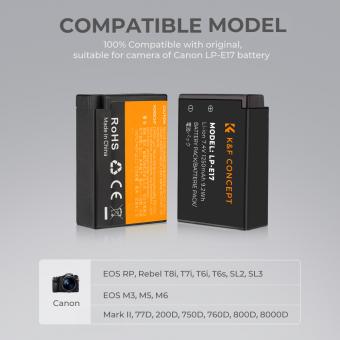



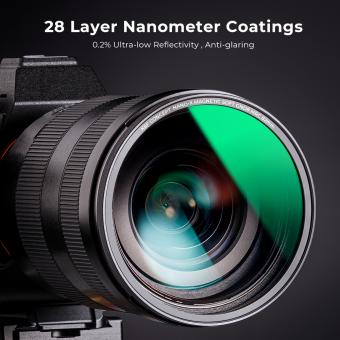

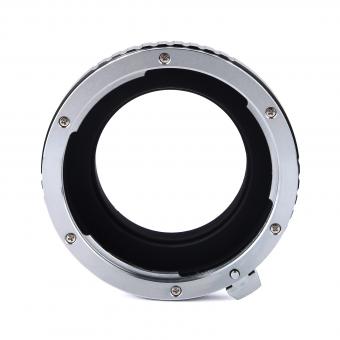

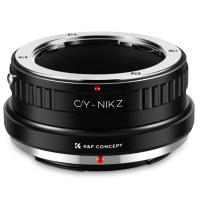
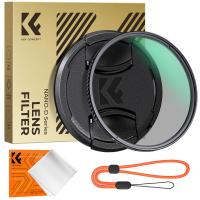
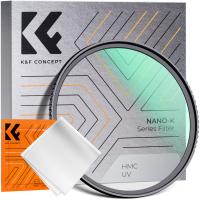
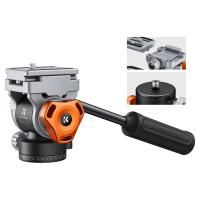
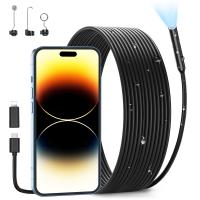
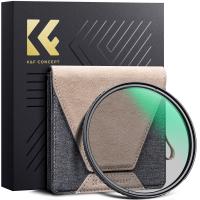
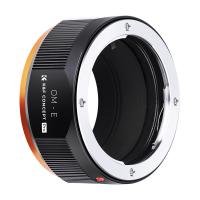
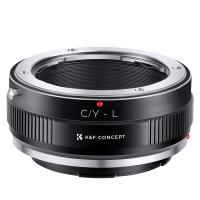
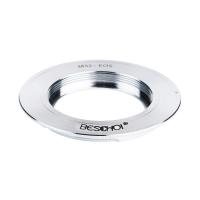
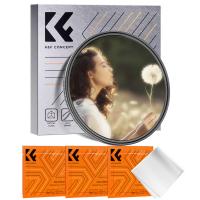

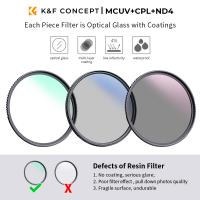

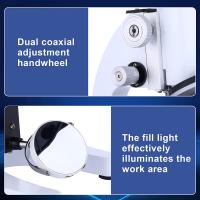
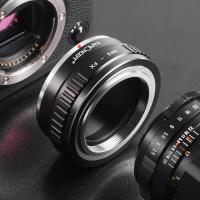
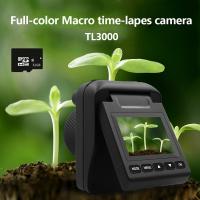
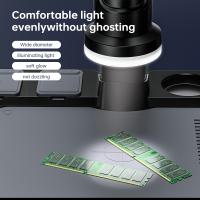

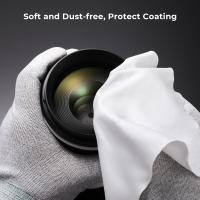
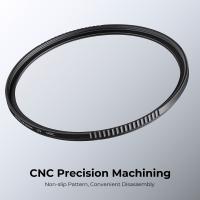
There are no comments for this blog.